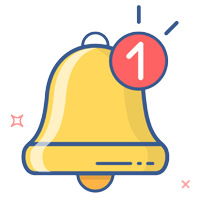Taking your English and French Language Tests
IRCC-approved tests
How to convert your test results
[mpc_accordion auto_indent=”true” title_background_color=”#e0e0e0″ mpc_icon__mpc_tooltip__border_divider=”true” mpc_icon__mpc_tooltip__border_css=”border-color:undefined;border-style:undefined;” mpc_icon__mpc_tooltip__padding_divider=”true”][mpc_accordion_tab title=”IELTS General Training”]
[/mpc_accordion_tab][mpc_accordion_tab title=”CELPIP General Test”]
[/mpc_accordion_tab][mpc_accordion_tab title=”TEF Canada”]
[/mpc_accordion_tab][mpc_accordion_tab title=”TCF Canada”]
[/mpc_accordion_tab][/mpc_accordion]
Why are CRS language points so important?
Express Entry Step-by-Step Guide
To be eligible, you need to first check that you work experience, as defined by the NOC system, is eligible for Express Entry.
You need to get your foreign educational credential assessed by one of IRCC’s approved third parties.
For all the three Express Entry programs, you need to take English and/or French test(s) and score a number of points to be eligible.
Check if you eligible to Express Entry under one of the three economic immigration programs.
You need next to understand how to calculate your Comprehensive Ranking System (CRS) score. This score is the one you will be ranked with in the Express Entry pool.
After taking your language exam(s), and getting your ECA (if your credential is not Canadian), you need to verify your eligibility through the Come to Canada Tool and then create your Express Entry profile to get into the pool of applicants.
If you have enough CRS points, you will get an Invitation to Apply. You will have 60 days to fill additional forms and submit your supporting documents.
After receiving you Invitation to Apply (ITA), you will need to upload the requested supporting documents. Get ahead and make sure you will not have a problem gathering them.
After submitting your documents, learn about the process of approval of your application and the different updates that will let you have an idea on where you application is at.






